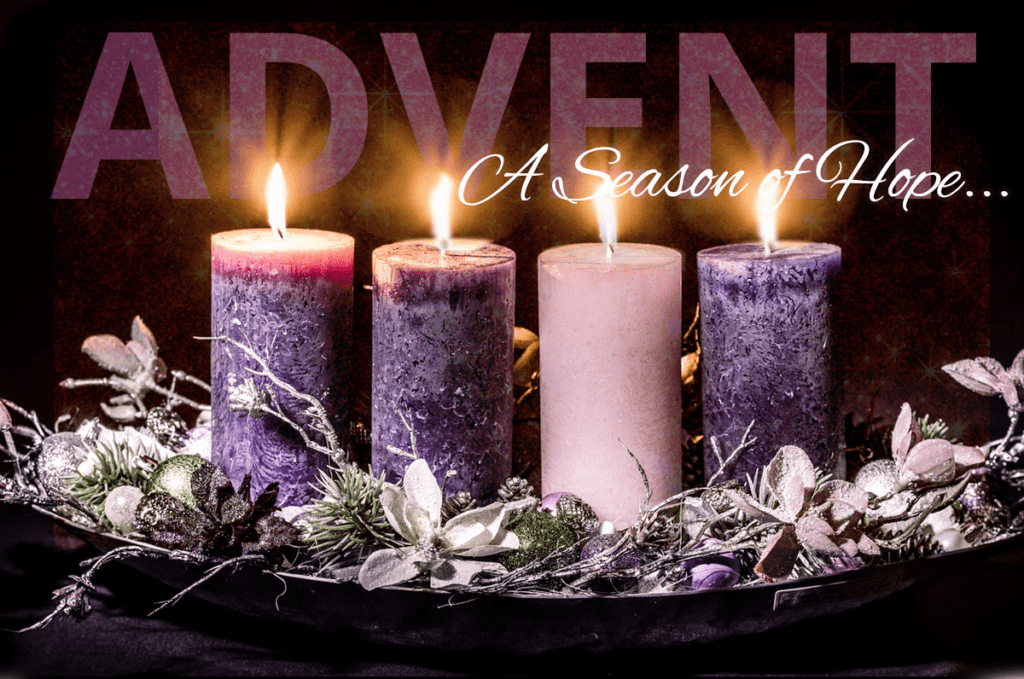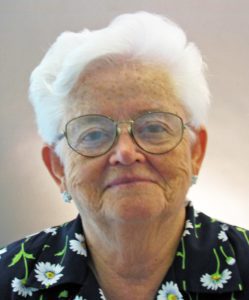
Since ancient times, humanity has held various versions of belief in the existence of a god or gods. The oldest civilizations in Mesopotamia, the land between the two rivers of the Euphrates and Tigris, built exotic temples to placate the gods by offering them gifts of food, and in some cases, human sacrifice. The purpose of these offerings was to ensure the gods were on their side.
The Egyptians put a huge emphasis on preparing for the inevitable by adhering to the Book of the Dead, an ancient funerary text usually written on papyrus, which included spells and answers to all the questions that could be asked of someone on the journey through Duat, the underworld, eventually reaching the Sea of Reeds, or what we would call heaven. All these conceptions were based on the belief that great distances separated humans from omnipotent gods.
The God of the Jews and Christians revealed a different and amazingly humble version of the Divine. For this reason, the season of Advent is crucially important for us as preparation for a historic, breakthrough event. The Feast of the Incarnation is one that marks God’s erasure, once and for all, of the imaginary distance that supposedly existed between the Creator and creation. What an example of exquisite humility. The God who created the cosmos with its myriads of galaxies and innumerable forms of life took on human flesh. What great lengths did our God go to convince us of his unquenchable love and desire to be with us! His entrance did not take on the trappings of majesty. He chose the most vulnerable of all human conditions, that of an infant.
Most living creatures achieve independence in their first year of life. This is not the case with humans. Years pass before independence can be achieved. As such, God not only broke the chains of distance but also entered fully into our experience of human life in every imaginable way. St. Paul writes in his letter to the Philippians:
Though he was in the form of God, he did not regard equality with God as something to be grasped. Rather, he emptied himself, taking the form of a slave, coming in human likeness; and found human in appearance, he humbled himself, becoming obedient to death, even death on a cross. (2:6-8)
And so, we ask ourselves what the mystery of the Incarnation teaches us as we approach a most special day, Christmas. One standout message is the place that humility should have in our lives. If the God of all creation emptied himself of his divine glory, how much should we who are made in the image and likeness of God, follow in his footsteps? In what ways do we need to empty our lives? How vulnerable do we allow ourselves to become in service of one another?
Notice it was the lowliest (animals and shepherds) who were given the privilege to approach the manger first. The child, Emmanuel, God with us, holds out hands of soft invitation that call us to be close to his love and life.
– Sister Helen R. Boyd, OP
Sister Helen resides in Dominican Convent where she serves
on the Life Enrichment Committee and co-chairs the
Committee for Serving Vulnerable Populations.
